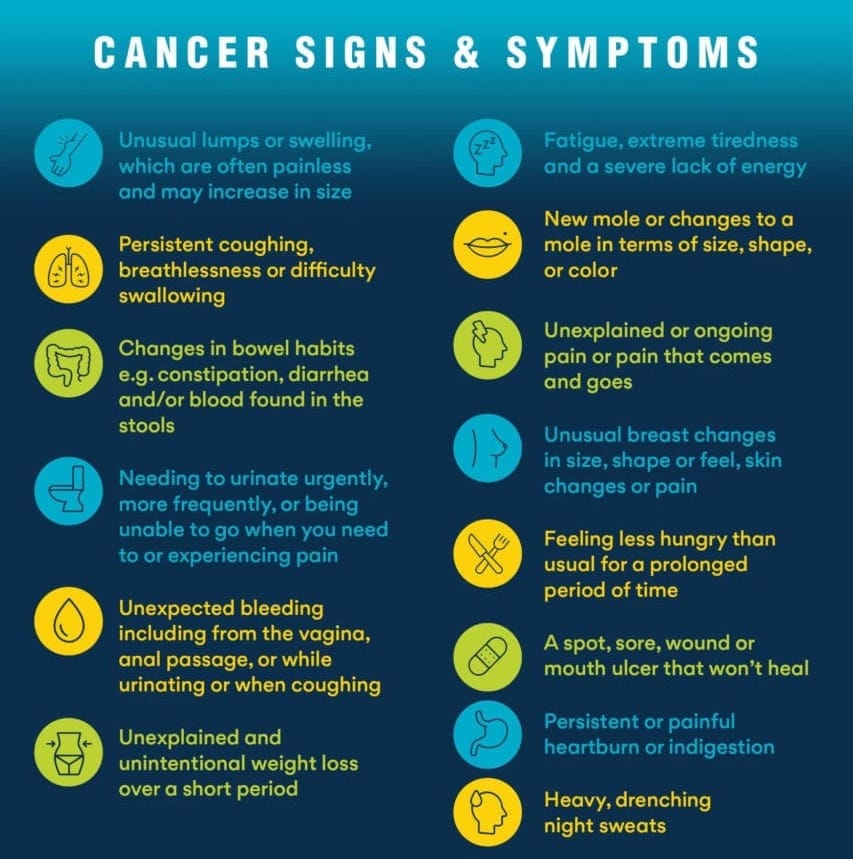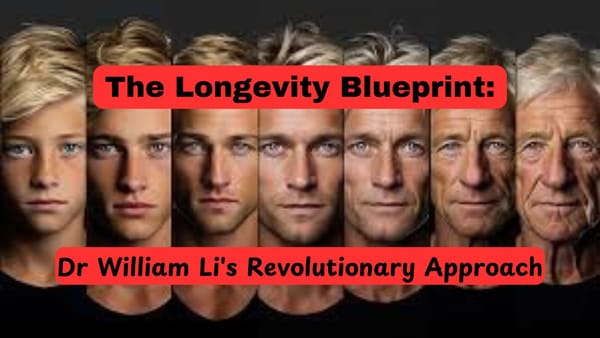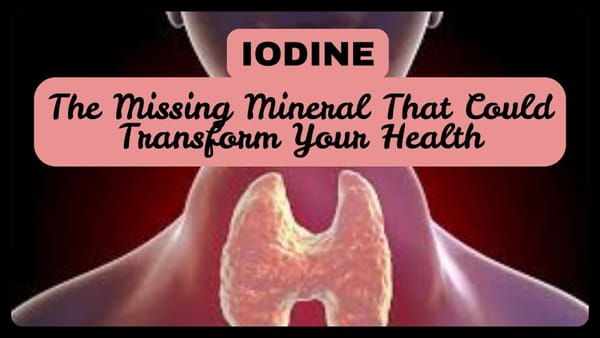The Changing Landscape of Cancer Treatment
This article examines current research and emerging perspectives in cancer care and includes reminders about healthy diet and lifestyle choices.

Cancer affects millions of lives worldwide, and our understanding of this complex disease continues to evolve. While conventional treatments have saved countless lives, researchers are uncovering new insights into cancer's nature and exploring innovative approaches to prevention and treatment. This article examines current research and emerging perspectives in cancer care and includes reminders about healthy diet and lifestyle choices.

Understanding Cancer's Complexity
Cancer isn't just one disease - it's a collection of related diseases characterized by abnormal cell growth. Recent research has revealed that cancer cells demonstrate remarkable adaptability challenging our traditional treatment approaches.
According to the Journal Nature Reviews Cancer (2023), cancer cells can alter their metabolism, communicate with surrounding tissues, and even "hide" from the immune system.
The Metabolic Perspective
One emerging area of research focuses on cancer's metabolic patterns. Dr. Thomas Seyfried of Boston College has extensively studied how cancer cells process energy differently from healthy cells. His research, published in "Cancer as a Metabolic Disease" suggests that targeting cancer's metabolic vulnerabilities might offer new treatment possibilities.
The Role of the Immune System
Immunotherapy represents one of the most promising developments in cancer treatment. The American Cancer Society reports that immunotherapy drugs have shown remarkable results in some patients, particularly those with melanoma and certain blood cancers. These treatments enhance the body's natural defence mechanisms rather than directly attacking cancer cells.
Personalized Medicine Approaches
The one-size-fits-all approach to cancer treatment is becoming outdated. Genetic testing allows oncologists to identify specific mutations driving an individual's cancer, enabling more targeted treatment. The National Cancer Institute reports that personalized medicine has significantly improved outcomes for certain cancer types.

Innovative Treatment Approaches
Several promising treatment approaches are being studied:
- Hyperthermia Treatment: Using precisely controlled heat to target cancer cells
- Photodynamic Therapy: Employing light-activated drugs to destroy cancer cells
- Nanoparticle Delivery Systems: Targeting cancer cells more precisely while minimizing damage to healthy tissue
- The Importance of Clinical Trials
Clinical trials remain crucial for advancing cancer treatment. The National Cancer Institute maintains a database of thousands of trials testing new approaches. These trials often provide patients access to cutting-edge treatments before they become widely available.
Integrative Approaches
Major cancer centres increasingly recognize the potential benefits of combining conventional treatments with evidence-based complementary approaches. Memorial Sloan Kettering Cancer Center's Integrative Medicine Department studies how techniques like acupuncture might help manage treatment side effects.

Understanding Treatment Options
When considering treatment options, patients should know:
- Every cancer is unique, requiring individualized treatment approaches
- Second opinions can provide valuable perspectives
- Clinical trials might offer access to promising new treatments
- Support teams often include various specialists working together
Important Facts to Remember
Causes of Cancer: Dietary Factors
- Processed Meats: Avoid bacon, ham, sausages, and all deli meats. These foods contain nitrates and nitrites, which can form carcinogenic compounds when consumed.
- Fried and Burnt Foods: Frying and grilling at high temperatures produce carcinogens and should be avoided. Opt for healthier cooking methods like baking, steaming, or boiling.
- Sugary Drinks : Soda, energy drinks, and sweetened coffee or teas, contribute to weight gain and obesity increasing cancer risk. Choose water or unsweetened beverages instead.
- Ultra-Processed Foods: Fast foods like hotdogs, fries, hamburgers, cakes and cookies that contain refined and sugary ingredients should be avoided. Check food labels for ingredients you do not recognise or have in your kitchen, and avoid those products
- Alcohol: Excessive alcohol consumption is linked to various types of cancer. Limit alcohol intake or avoid it altogether to reduce cancer risk.

Foods That May Help Prevent Cancer
- Fruits and Vegetables: Fruits and vegetables are rich in antioxidants and fibre, which can help reduce cancer risk. Include colourful fruits and vegetables in your diet - cruciferous vegetables and berries are good choices.
- Whole grains: Brown rice, quinoa, buckwheat, and whole wheat, are rich in fibre and can help reduce the risk of colorectal cancer. Choose whole grains over refined grains for better health outcomes.
- Nuts and Seeds: Raw (not roasted and salted) nuts and seeds are packed with healthy fats, fibre, and antioxidants. Incorporating them into your diet can provide numerous health benefits, including cancer prevention.
- Healthy Fats: Oily fish, avocado, olive oil, nuts and seeds, and lean protein
- Plant-based proteins: Legumes (chickpeas, lentils, beans) and soy, are excellent alternatives to processed meats. They are rich in fibre, vitamins, and minerals, and can help reduce cancer risk.
Poor Lifestyle Choices and Factors

- Tobacco Use - tobacco use is one of the leading causes of cancer, particularly lung cancer. Quitting smoking and avoiding secondhand smoke are essential steps in reducing cancer risk.
- Alcohol Consumption - excessive alcohol consumption is linked to various types of cancer, including liver, breast, and colon cancer. Limiting alcohol intake or avoiding it altogether can significantly reduce the risk.
- Chronic Inflammation - this is linked to various types of cancer. Conditions such as inflammatory bowel disease and chronic infections can increase cancer risk. Managing inflammation through a healthy lifestyle and medical treatment is essential.
- Sedentary Lifestyle and Obesity - a sedentary lifestyle and obesity are significant risk factors for cancer. Regular physical activity and maintaining a healthy weight can help reduce the risk of developing cancer.
- Poor nutrition - a diet too high in ultra-processed and sugary foods puts you at risk for disease and cancer.
- Human papillomavirus infection (HPV) - When the body's immune system cannot get rid of an HPV infection with oncogenic HPV types, it can linger over time and turn normal cells into abnormal cells and then cancer.
The future of cancer treatment likely lies in combining multiple approaches tailored to each patient's specific situation. As our understanding of cancer biology deepens, treatment options continue to expand and evolve.






